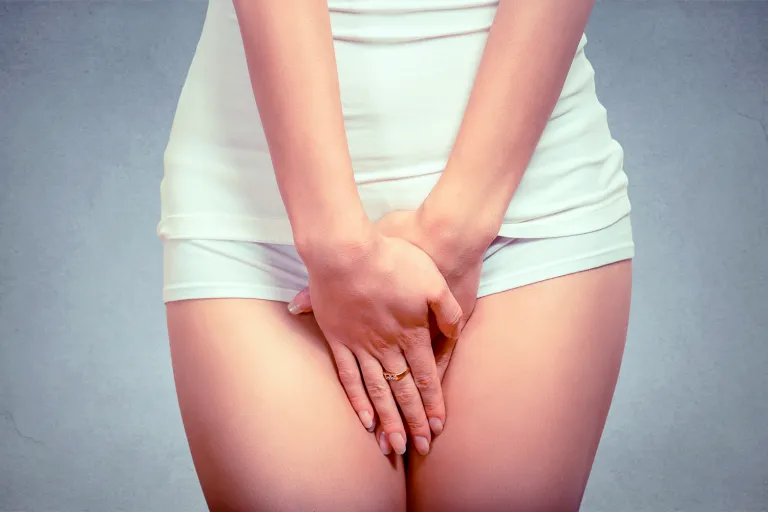How to take care of yourself during pregnancy? Which cosmetic procedures can be used and which not?
Almost every woman, being pregnant, wonders if she can take the same care of her beauty and use beauty treatments as she did before pregnancy. Over the years there have been many myths and legends about it, which are passed down from generation to generation, by mothers, aunts and neighbors. It's time to dissect them and see which of them are actually myths and which have a lot of truth in them.
In fact, childbirth itself is an individual process, variously experienced by women and conditioned by many factors – however, it is possible to distinguish phases and behaviors that occur during a standard birth in almost every caseThe date of delivery given by doctors already at the beginning of pregnancy is only an approximate date, which does not necessarily mean that it will actually occur on that day. Concerns about getting to the delivery room in time have many moms-to-be, especially if it’s their first time. However, there is no reason to feel fear because there are many signals sent by our body signaling an impending solution. Therefore, it is worthwhile to possess the skills to recognize the most important of these symptoms to prepare for the upcoming birth of our child.
A woman should not use laser hair removal treatments during pregnancy.
[PRAWDA]
There are no scientific studies available on the safety of cosmetic laser treatments among pregnant women. Therefore, permanent hair removal, i.e. laser hair removal, is not recommended during this time. This is due to the potential effect of the laser’s electric wave on the amniotic fluid, which in this case is a conductor of electricity. We do not know how the procedure will affect the developing fetus and uterus, especially when it is not performed by professional medical personnel. It is therefore recommended to use other ways to get rid of hair during pregnancy, such as waxing, using an electric or disposable razor.
Note: However, this does not mean that laser treatments used for medical purposes in pregnant women are also inadvisable. Lasers used to get rid of genital condylomas or crush stones in the urinary tract have been scientifically tested and are safe for pregnant women.
A pregnant woman should not paint her nails.
[MIT]
Of course, a pregnant woman can paint her nails and take care of them as before. Every woman has the right to feel beautiful and well-groomed especially during this special period.
However, there is one ‘but’ in this matter…. It’s always a good idea to check the composition of the products you use to paint or wash your nails. A pregnant woman should beware of substances such as formaldehyde, toluene or TpHP. They are among the compounds that are toxic to the fetus, and although it is hard to prove that when used externally they penetrate into the baby it is better to avoid them.
When it comes to today’s popular hybrid varnishes and the UV lamps used with them, the biggest controversy is the acetone used when taking them off. However, scientific studies indicate that if the duration of action of acetone on nails is as short as possible then it is harmless to the fetus.
It’s important to remember that being pregnant makes it much easier to get infections, so you should avoid deep cutting of the cuticles around the plate, and keep in mind that allergic reactions to nail painting products may occur more often.
It is also important to be able to have painted nails during delivery. Unpainted, clean nails are required in most hospitals. This is essential for the doctor and the apparatus that measures blood oxygenation. However, when it comes to toenails, here you can let your imagination run wild – all possible colors and patterns are allowed.
A pregnant woman cannot color her hair.
[MIT]
Despite the prevailing opinion regarding the harmfulness of hair coloring in the 1st trimester of pregnancy, for example, there are no scientific studies available to support this belief.
Nor do any of these studies describe any negative effects of hair coloring on the developing fetus. It is certainly better to avoid preparations containing high concentrations of toxic substances such as ammonia, however, nowadays such paints are very rarely used. In addition to the potential harmful effects of ammonia on the fetus, it has a rather distinctive odor that can be particularly unpleasant for pregnant women, when the sense of smell is particularly sensitive.
These are just a few of the myths repeated all the time about taking care of yourself during pregnancy. In the following articles, we will try to refute more of them. The most important thing for you to remember is that you don’t have to give up taking care of your beauty at this special time, but simply pay more attention to the safety of the procedures performed and the composition of the treatments used.
Rate this article:










